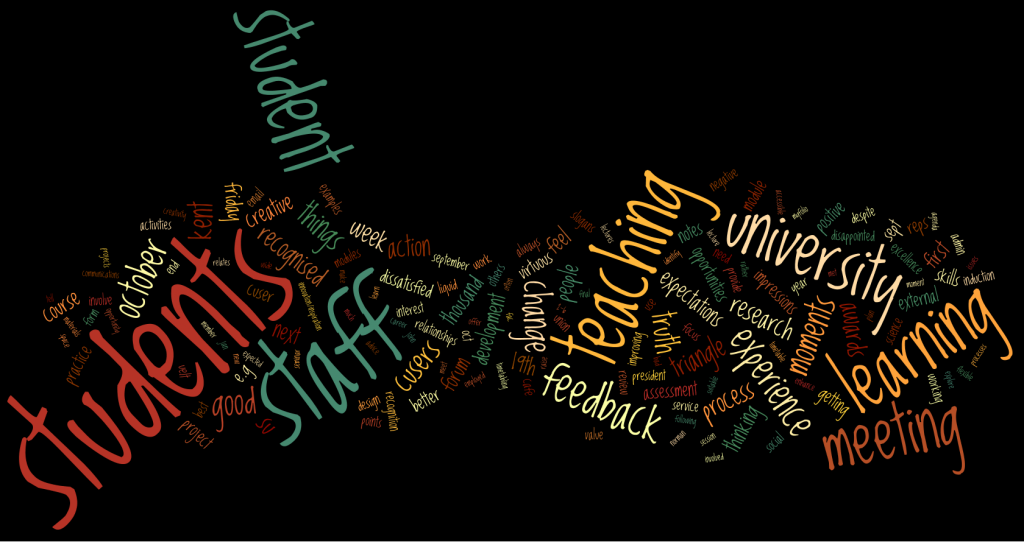‘Change’ is a hot topic, sometimes exciting and engaging, but all too often an issue which leads to disappointment, frustration, uncertainty; even suspicion, fear and resentment. Concerns may be raised from the direct impact that changes have on people’s work life, but are also often caused by the way change is implemented or the expectations placed on people during the change.
It is rather easy to copy the received wisdom about change and how it should be ‘done’. However it is sensible to challenge many of our assumptions which, whilst perhaps being well-established and apparently plausible, are actually incorrect (Herrero, 2006). We need to take care; if we follow the wrong assumptions, we are likely to make mistakes.
John MacDonald, a leading management practitioner and writer, who sadly died earlier this month, frequently challenged what he saw as ‘Mindless Change’ – where each new fad leaves “another layer of barnacles that in time encrust the organisation and impede progress”. His observations remain relevant in the current climate of change in Higher Education – how do we avoid the crush of ‘initiative overload’?. MacDonald tells us that organisations need to get back to managing the ‘business,’ organically incorporating only those changes and practices that can actually improve their operations. For us, this means improving value for students.
We shouldn’t view the university as a management machine that is impervious to anything other than a major overhaul. Instead we should see things as a human system: people, the work that we do, the interactions we have with each other, the physical environment that we create and use. These are the routes to change.
Stephen Covey’s famous ‘7 habits of highly effective people’ calls us to think about how we, as individuals, can influence wider change through our own behaviour and choices.
When we consider change, we need to keep in mind the question:
“why are we doing it like this – is there a better way?”
Some helpful sources of reading relating to this blog include:
Covey, S. (1989) 7 Habits of Highly Effective People, Simon & Shuster, New York, NY.
Herrero, L. (2006) Viral Change, meetingminds, UK.
MacDonald, J. (1998) Calling a Halt to Mindless Change, Amacom, UK


